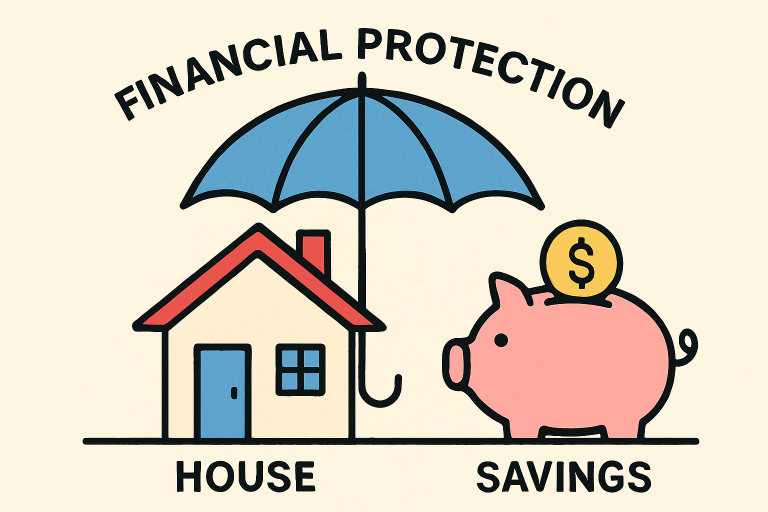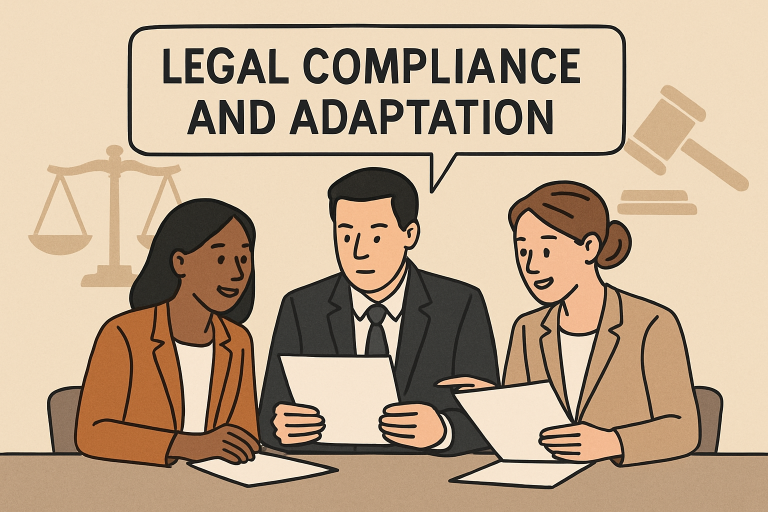Key Takeaways
- Sponsored content has become one of the most reliable revenue sources for digital creators.
- Understanding the balance between authentic content and paid partnerships is essential for long-term growth.
- Brands are seeking out micro- and nano-influencers for their engaged audiences.
- Creators must be transparent about partnerships to maintain audience trust.
- Platforms and algorithms continually shape how sponsored content is discovered.
- Data-driven insights reveal the growing financial impact of influencer marketing globally.
Introduction to Sponsored Posts and the Creator Economy
Sponsored posts, which are pieces of online content created in partnership with brands, have become a cornerstone of the digital creator economy. Whether shared via blogs, YouTube, Instagram, or TikTok, these collaborations allow creators to monetize their reach and creativity by featuring products or services to their followers in a natural, engaging way. As social platforms have grown, so has the influence of digital creators, who now drive trends, shape consumer choices, and help brands connect authentically with new audiences.
The creator economy, once dominated by a handful of mega-influencers, has evolved into a dynamic ecosystem where individuals of all follower counts can find lucrative opportunities through Valued Voice sponsored content opportunities. With the right platform, creators can access a steady stream of brand collaborations tailored to their niche and audience. This diversifies their income and helps them build long-term partnerships with brands that align with their values. For many creators, sponsored content has become a sustainable way to turn passion into a profession.
The Appeal of Sponsored Content for Digital Creators
Digital creators have access to diverse monetization channels: ad revenue sharing, fan memberships, merchandise, and direct donations, to name a few. However, sponsored posts stand out due to their versatility and lucrative potential. They can provide consistent income without the unpredictability of ad algorithms or the need for a massive subscriber count. Sponsored content also empowers creators to be selective, enabling them to choose partnerships that align with their personal brand and values, which often results in more meaningful and sustainable long-term growth. For many, sponsored content strikes an optimal balance between creative integrity and financial reward. Unlike traditional advertising, it allows creators to integrate products into their storytelling, maintaining both audience interest and personal authenticity.
How Sponsored Posts Benefit Brands and Audiences
Sponsored posts offer unique value for brands aiming to bypass ad blockers and “banner blindness.” By collaborating with creators who understand their audiences, brands can cultivate authentic connections and drive higher trust and engagement. This shift is crucial as consumers increasingly seek genuine recommendations from voices they trust, rather than overt brand messaging. For audiences, sponsored content can be a source of value when executed well, introducing them to products and services that fit their interests and lifestyles. It is important, however, that creators are transparent and only promote products they believe in to avoid eroding viewer trust. This kind of transactional authenticity is driving a new era in influencer marketing.
The Balance Between Authenticity and Promotion
Striking the right balance between authentic content and paid promotion is both an art and a science. Creators who seamlessly integrate brand messages into their storytelling tend to keep their audiences engaged and loyal. For example, sharing a genuine experience with a product while highlighting its features resonates far better—and feels less intrusive—than generic endorsements. Conversely, forced or irrelevant sponsored content can damage trust and lead to audience attrition, as seen in various social media controversies over the years. The best content creators set clear boundaries and only accept sponsorships that align with their values, making it easier to maintain transparency and authenticity in every promotion.
Data and Trends Powering Influencer Marketing
The influencer marketing industry is experiencing exponential growth worldwide. The global influencer marketing market size reached $21.1 billion in 2023, up from $16.4 billion in 2022. Marketers are investing more than ever in digital talent, with over 80% considering influencer marketing an essential or top priority. The data points to a surging demand for creators who can deliver ROI through tailored, audience-first content.
The Rise of Micro-Influencers
Micro-influencers, typically defined as creators with audiences between 10,000 and 100,000 followers, are in higher demand than ever. Brands are drawn to their niche authority and more engaged communities, which often yield better conversion rates compared to celebrity influencers. These creators often maintain closer relationships with their followers, driving higher levels of trust and response to branded partnerships. As a result, a growing number of brands are allocating budgets specifically for micro- and nano-influencers, fostering more diverse and authentic voices in marketing campaigns.
Transparency and Disclosure in Sponsored Content
Regulatory bodies like the Federal Trade Commission (FTC) in the United States have established clear guidelines around disclosure, requiring creators to clearly identify sponsored content. Ethical creators see this as an opportunity rather than a hurdle, knowing that transparency protects both sides legally and builds lasting trust with their followers. The best practices—such as using #ad or #sponsored—are outlined in the FTC’s disclosure guidelines.
Research shows that transparent sponsorships foster greater loyalty and engagement, ensuring that sponsored content remains a credible and valued part of the creator economy.
What the Future Holds for Sponsored Posts
The next phase of sponsored content promises even greater personalization. With technologies like AI and advanced analytics, both creators and brands can tailor messages more precisely to niche audiences. Emerging platforms such as Threads and continued changes in platform algorithms will also influence how creators distribute and monetize content. As new formats—such as short-form video and interactive posts—gain traction, adaptability will be key for creators looking to succeed in the years ahead. The convergence of creators, brands, and audiences in shared digital communities hints at a future where sponsored content is both more sophisticated and more integral to online culture.
Conclusion: Sponsored Content’s Lasting Impact
Sponsored posts have revolutionized the digital creator economy by creating viable and scalable income streams for content creators of all backgrounds. The keys to long-term success lie in authenticity, transparency, and adaptation as the digital landscape evolves. Sustainable growth will depend on creators’ ability to foster trust while leveraging the opportunities presented by evolving platforms, technologies, and consumer trends. Ultimately, sponsored content is set to remain a defining, positive force in the future of online creativity.











